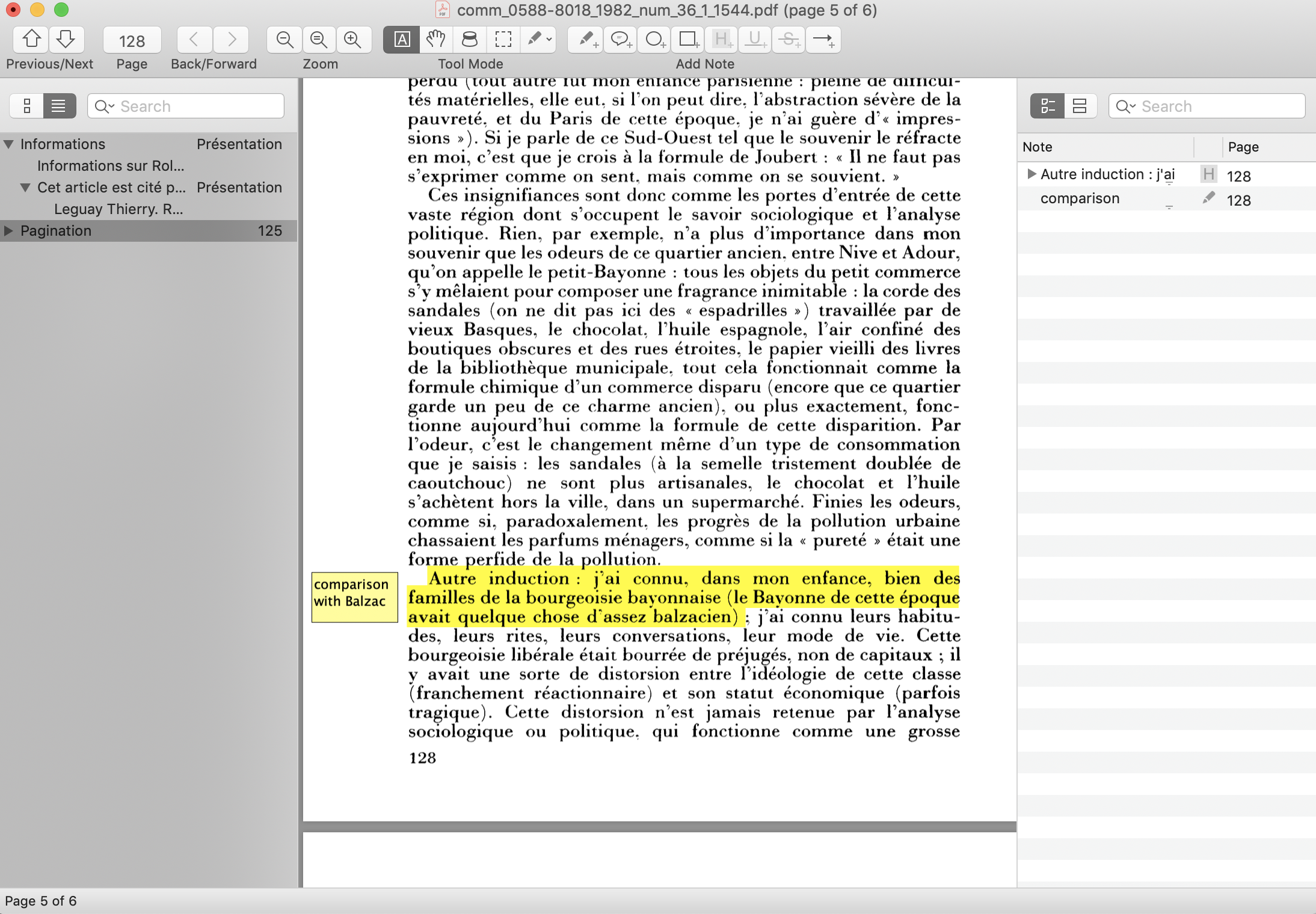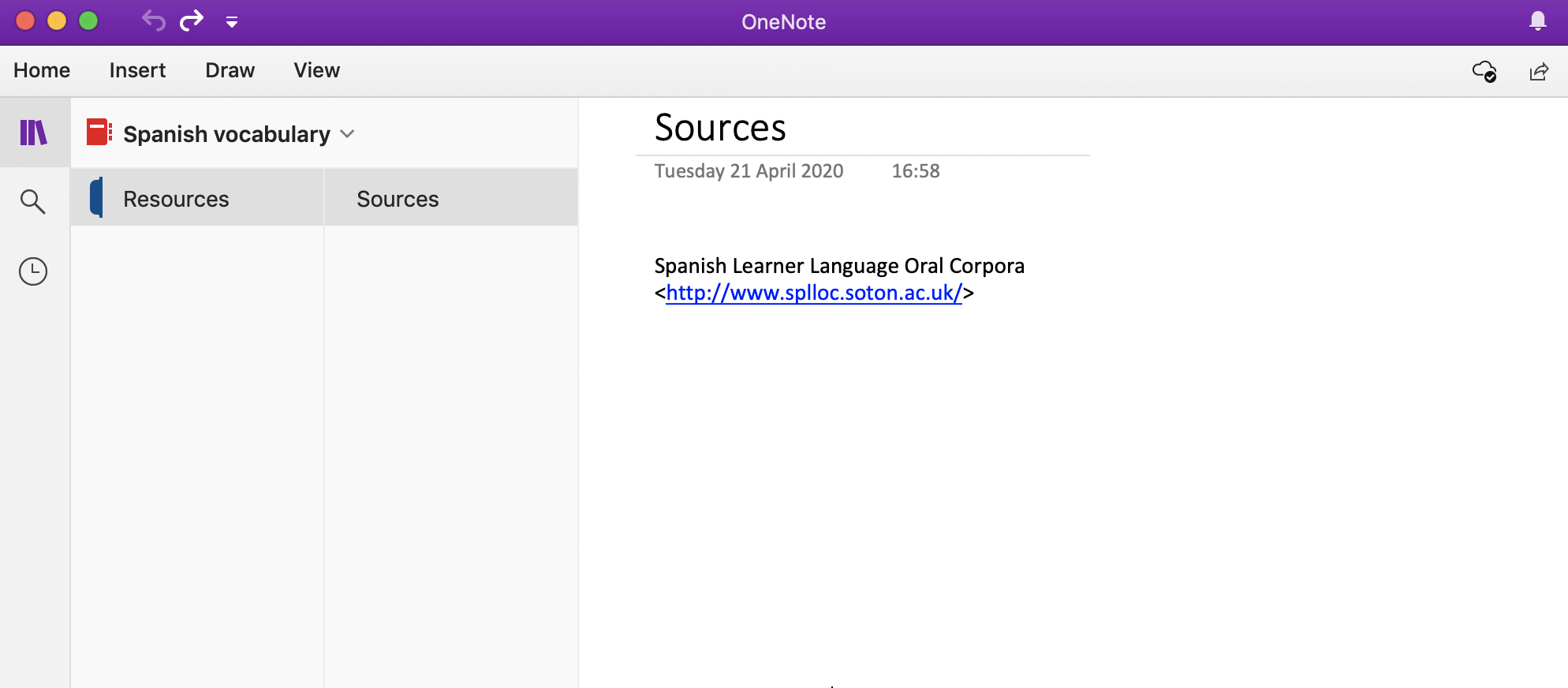Research and reading
In your studies, you will encounter open research questions and in writing your essays you will engage actively with these. This will imply working outside and beyond what is covered in class: you will be encouraged to find and analyse relevant source, data and theories, and to draw on these in developing arguments and conclusions of your own.
Reading and taking notes
Once you have located relevant sources, your next task is to read them and to discover how the ideas and arguments they contain can shape your own work.
It is important to keep track of the ideas and arguments on which you draw, so that you retain a clear understanding of the substance of your sources. What this usually means is taking careful notes and you can make use of these too in documenting your sources.
Nowadays, many of the sources on which you will work are available in Portable Document Format. This means that you can if you like read and annotate directly these on-screen, using an application like Adobe Acrobat Reader (usually pre-installed), or PDFCandy (Windows), or Skim (macOS).

Annotating a PDF in Skim
Working like this has the advantage that you always have the original source to hand and so can easily verify quotations and page references. You can also keep all of your sources for a given piece of work in one computer folder and more easily create a bibliography for a given piece of work.
Note-taking applications
Another strategy is to make use of dedicated note-taking applications. One example is Microsoft OneNote. The application can be installed on a computer and also on a mobile device, and you can also access your notes online once you have set up a user account.

A notebook in the OneNote desktop application
You can treat this digital tool as a surrogate for a paper notebook, in that you can click and insert material at any place in the “page”. You can also incorporate scans of physical documents and can record audio notes, among other facilities.
Discover what works best for you
The important thing about taking notes is to ensure that whatever process you use is productive for you. You may, for instance, find it more convenient to combine physical and digital notes, and some writers argue that the act of writing with pen and paper is more conducive to remembering the material that you have learnt. Experiment and discover which style, or styles, of learning works best for you in different contexts.